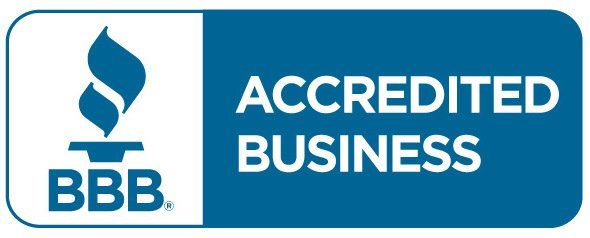Corporate Compliance Requirements
Los Angeles Attorneys explain corporate compliance requirements
Helping you understand the different obligations for corporations and LLCs
When starting a business, you have to decide what type of entity is right for your situation. Two of the most common choices are a corporation or a limited liability company (LLC). No matter which you choose, there are certain requirements you must continue to meet in order to remain in compliance with state laws. Because these compliance requirements can be confusing and complicated, you need to be represented by an experienced attorney with extensive knowledge of business law. At Lurie & Associates, we help owners of corporations and LLCs ensure that they fulfill all of their obligations
Describing the compliance requirements for corporations in California
Of all the business entities, corporations have the strictest requirements that you must meet under California law, including:
- Corporate records — You must hold initial and annual director and shareholder meetings and keep minutes in your records. You also must create and maintain company bylaws.
- Taxes and fees — Corporations must file a Statement of Information every year. You must also pay a minimum franchise tax after your first year. If you have employees, you must obtain a federal employer identification number (EIN), which you also need to open a business bank account.
- Business licenses — Every corporation, depending on the type and size of the business, must file for certain licenses in order to meet compliance requirements.
An experienced corporate law attorney at our firm can help you understand all of the compliance requirements in California.
Explaining the LLC compliance requirements in California
The requirements for an LLC are less stringent than for a corporation, but it is still important that you remain in compliance. The main differences between the requirements of these two entities are that an LLC does not have to keep meeting minutes or maintain company bylaws. However, the tax and license requirements are the same. By meeting these requirements, you not only ensure your company remains in compliance, but you preserve the limited liability that an LLC provides its owners. Our knowledgeable attorneys can help you ensure you meet all of California’s requirements.
What happens if you don’t comply?
There are certain consequences you must face if you do not comply with the state requirements, whether your business is a corporation or an LLC. For example, if your business is sued and you are unable to show that you meet all of the state requirements, your company may be ruled to be a sole proprietorship or partnership. In an LLC, that means that you will lose the limited liability protection and your personal assets will be vulnerable if you lose the lawsuit. Your company will also no longer remain in “good standing,” meaning you may face late fees and interest payments on taxes. You may eventually lose all of the benefits of being a corporation or LLC. If you are facing a compliance review, our attorneys can help you remain in good standing and compliant with state laws.
To learn more about corporate compliance, contact our Los Angeles business law firm today.
Get a consultation now.
Lurie & Associates cares about your personal situation. Let our lawyers help you achieve peace of mind. You are always welcome at our offices, conveniently located in Los Angeles.


